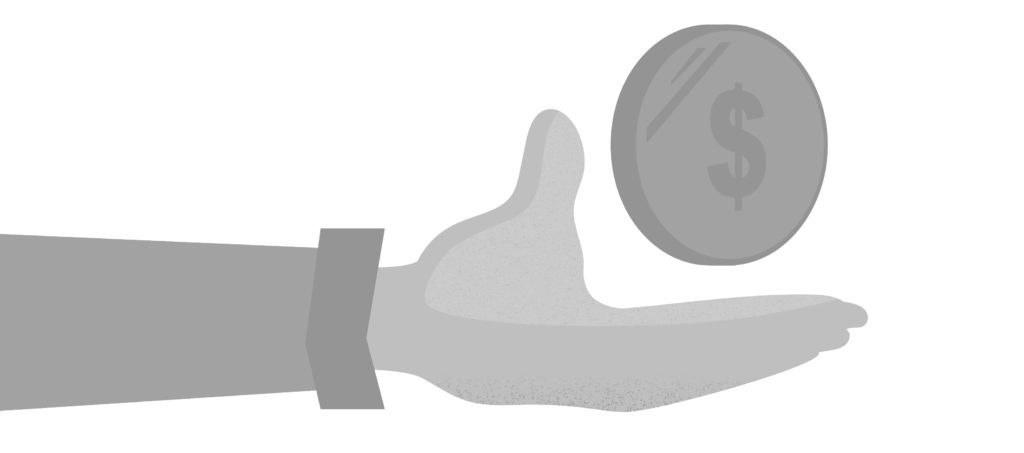This past Wednesday and Thursday, 1,500 donors came together to raise over $325,000 for Seattle University as part of this year’s SU Gives event. The third annual online giving day, put on by the Office of Alumni Engagement, was spread over 1,891 minutes, or about 31 and a half hours. The event presented 18 different interest areas for donors, and allowed for donation money to be dedicated to a variety of causes across campus.
In addition to the different schools and colleges of Seattle U, special initiatives from the Indigenous People’s Institute to the Center for Environmental Justice and Sustainability were also featured on the Seattle U Gives website. Eric Hornik, the director of annual giving at the Office of Alumni Engagement, explained that the donations could also be more specific.
“Within those 18 areas, people can specify their area of passion that they want to give to,” Hornik said. “So they can donate to a particular scholarship fund within a school or college, or a particular initiative that they benefited from as a student.”
Another key part of the donation drive was the slew of challenges designed to further engage the community with matched donations or unlocked funds after a goal is met.
“We can actually see people taking advantage of those matching funds available and those unlocks available to exceed goals for their area,” Hornik explained. “Some people have very calculated gifts based off of what’s left on the table so that nothing gets wasted.”
Engagement with as many donors and alumni as possible was a crucial goal of the event, and not just to raise money. College rankings by companies such as U.S. News are in part based on alumni participation in fundraisers, which are seen as a “stamp of approval” for their university, as Hornik put it.
“Things like SU Gives are a great opportunity for alumni to invest in the value of their degree,” he said.
However, at a school like Seattle U, which is not known for its high rate of alumni participation, the question arises: just how willing are alumni to give that stamp of approval?
“I don’t know how financially involved I’ll be until the university rewards all professors equitably.”
Sophie Jensen is a senior criminal justice major and the Criminal Justice Representative for the Student Executive Council (SEC). The week before the SU Gives event, SEC helped the College of Arts and Sciences organize LinkUp, an event designed to help students network and learn from alumni in an informal setting.
Events like this, as well as her experiences with professors and the Criminal Justice Advisory Board, led Jensen to believe that alumni do care about current students and the Seattle U community.
“When SEC was planning our follow-up event to LinkUp, we discovered how eager recent graduates are to come back and share their post- graduation experiences,” Jensen said. “I think SU has a good relationship with alumni because graduates realize how much their education benefits them once they are out in the world.”
While Jensen also sees herself being involved with professors and students at Seattle U after she graduates, the kinds of alumni participation measured by college rankings is less certain.
“I don’t know how financially involved I’ll be until the university rewards all professors equitably,” she said.
SU Gives set a goal to receive 1,200 donations from over 80,000 Seattle U alumni worldwide. While this number may seem surprising, the context of the fundraising drive puts it to scale. For one, the drive was only digital, and so alumni who might not be active online or whose email information is out of date were unable to participate. Further, the event is only one of many fundraisers that occur throughout the year, and many alumni contribute their budgeted donations on an annual basis separate from such events.
Hornik also sees Seattle U’s location as a factor in the university’s rate of alumni participation.
“I think in simple economic terms, Seattle U is positioned in a city that has a high cost of living. And so, when alumni graduate out into the world, if they choose to stay in Seattle, there is that need to survive, and maybe Seattle U isn’t their number one priority,” he said. “And SU is unique in that regard because not many cities in America have as high a cost of living as Seattle does.”
Despite these obstacles, SU Gives was overall very successful, with almost all of the challenges met and the overall goals of the drive exceeded. For Hornik, the work of the Office of Alumni Engagement always comes down to the memories of students and alumni during their time at Seattle U.
“Our alumni really are drawn to the shared experiences that they had as a student, whether it’s the Outreach Center, the Center for Community Engagement, a study abroad program that they participated in, or trips with Campus Ministry. Those little pieces of Seattle U are the Seattle U experience.”
Sam may be reached at
sschultheis@su-spectator.com









